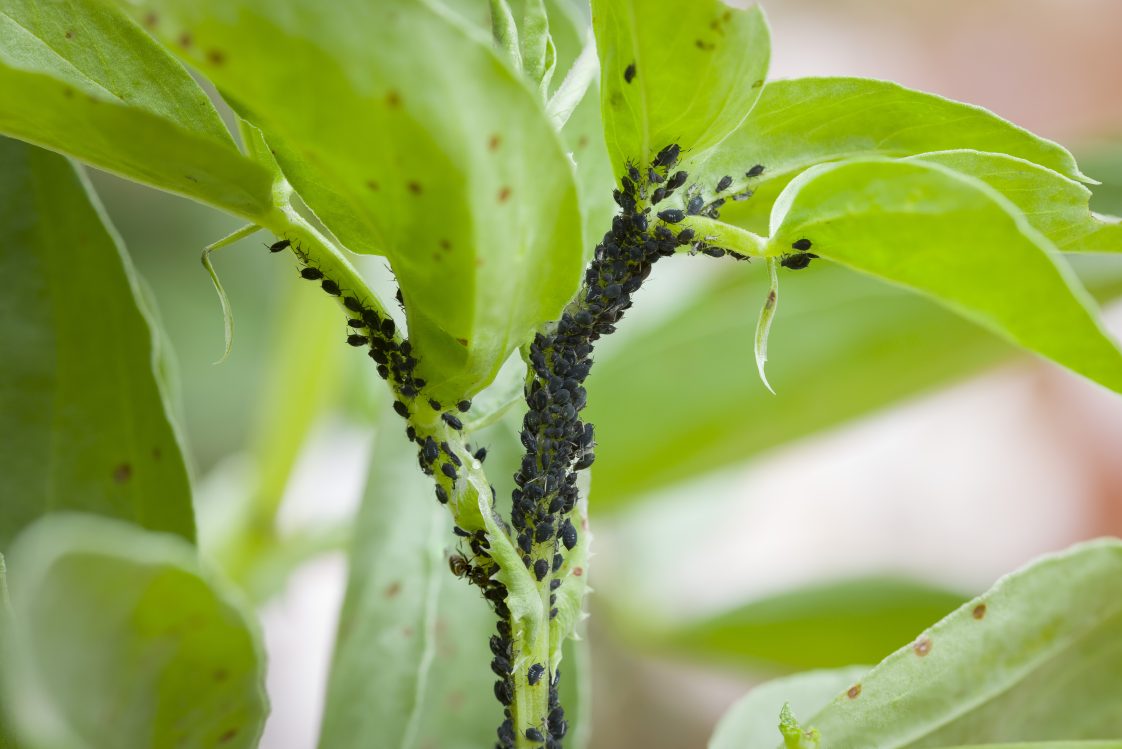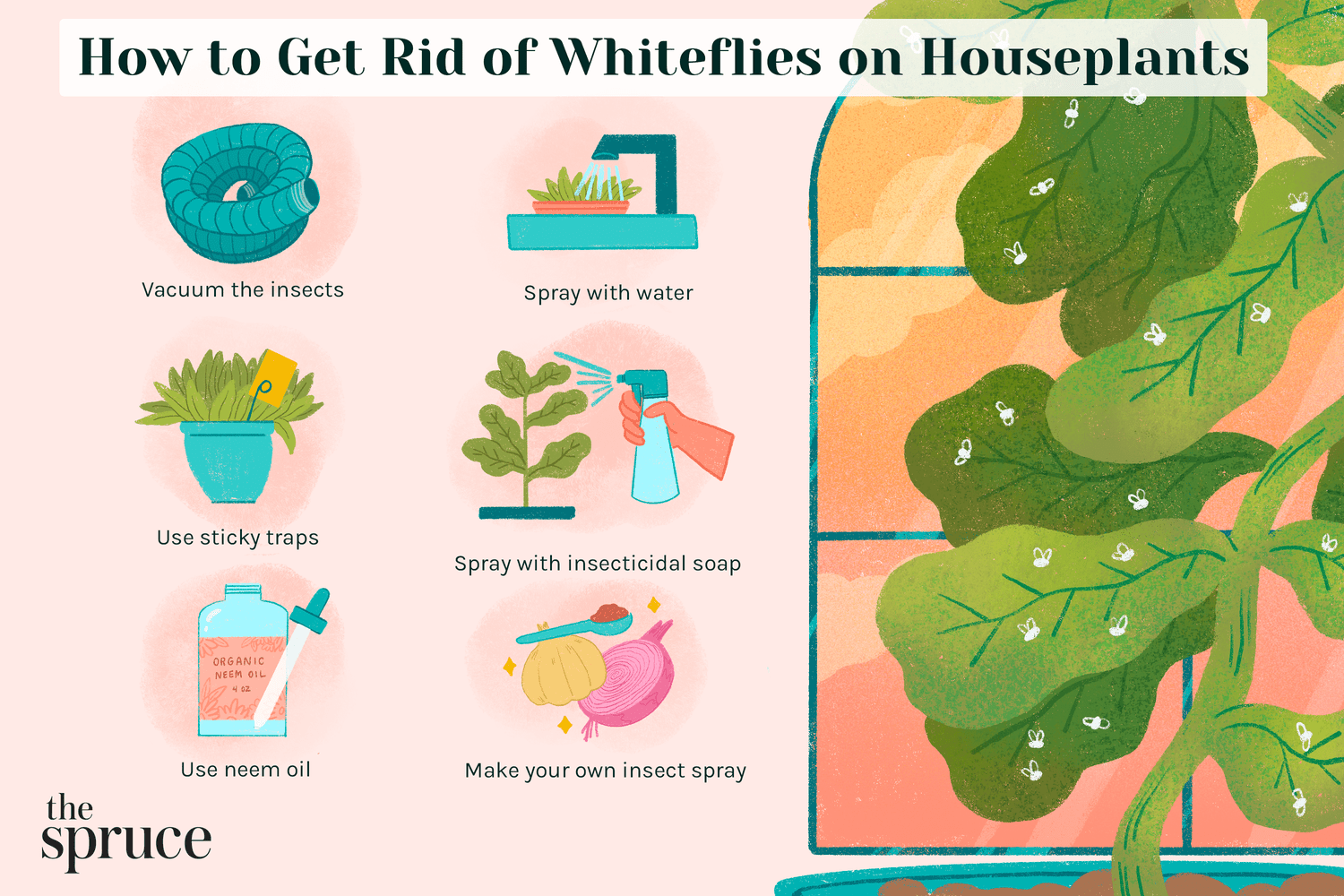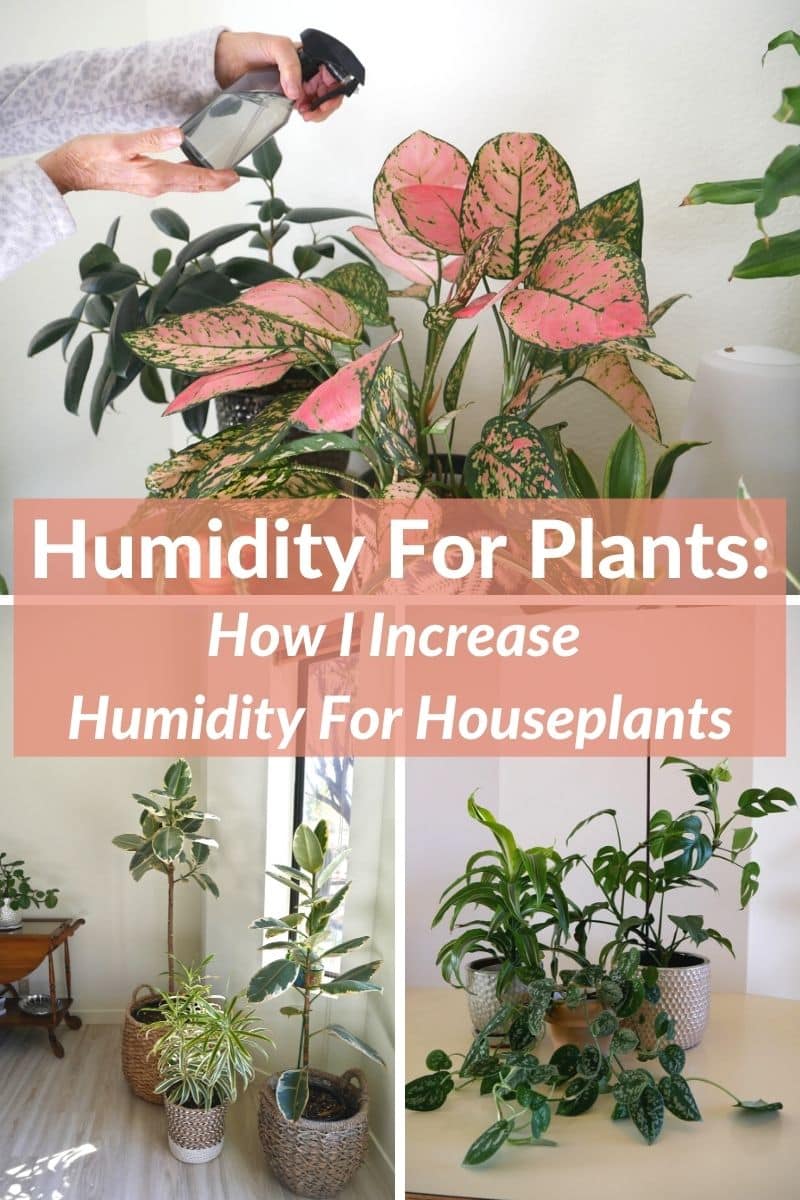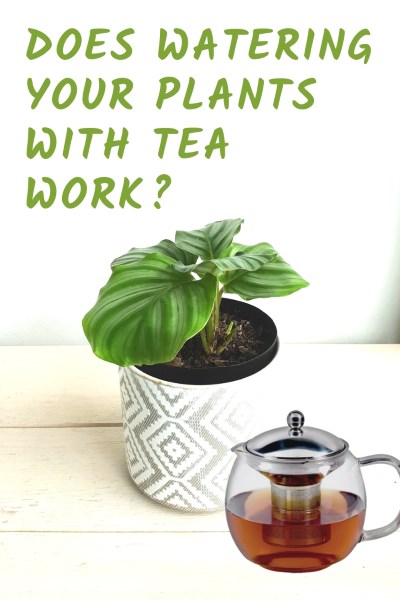Can Natural Remedies Reduce Plant Pest Infestations?
Plant pest infestations can wreak havoc on your garden, causing damage to your plants and disrupting the balance of your outdoor space. While chemical pesticides are commonly used to combat these pesky invaders, natural remedies offer a safer and more environmentally friendly alternative. In this article, we will explore the effectiveness of natural remedies in reducing plant pest infestations and maintaining a healthy garden ecosystem.
The Dangers of Chemical Pesticides
Chemical pesticides are often the go-to solution for gardeners dealing with plant pest infestations. While these products can effectively kill pests, they also come with a host of negative consequences. Chemical pesticides can be harmful to beneficial insects, wildlife, and even humans. They can also contaminate soil and water sources, leading to long-term environmental damage.
Furthermore, many pests can develop resistance to chemical pesticides over time, rendering them ineffective. This can lead to a vicious cycle of increased pesticide use, which can further harm the environment and create a dependency on these harmful chemicals.
The Benefits of Natural Remedies
Natural remedies offer a safer and more sustainable approach to managing plant pest infestations. These remedies are often made from plant-derived ingredients, such as neem oil, garlic, and chili peppers. They work by repelling or deterring pests, disrupting their life cycles, or attracting natural predators that feed on them.
One of the main advantages of natural remedies is that they are less harmful to beneficial insects, such as bees and ladybugs, that play a crucial role in pollination and pest control. Natural remedies also break down more quickly in the environment, reducing the risk of long-term damage to soil and water sources.
Effective Natural Remedies
- Neem oil: A popular natural insecticide and fungicide that can help control a wide range of pests, including aphids, mites, and whiteflies.
- Garlic spray: A homemade remedy made from garlic cloves and water that can repel pests like aphids, caterpillars, and beetles.
- Diatomaceous earth: A natural powder made from fossilized algae that can effectively kill pests like ants, slugs, and snails.
- Companion planting: Growing certain plants together to deter pests and attract beneficial insects, such as planting marigolds to repel nematodes.
Tips for Using Natural Remedies
When using natural remedies to reduce plant pest infestations, it is important to follow these tips:
- Identify the pest: Before choosing a natural remedy, identify the pest causing the infestation to select the most effective treatment.
- Monitor your plants: Regularly inspect your plants for signs of pest damage, and apply natural remedies at the first sign of an infestation.
- Test on a small area: Before using a natural remedy on your entire garden, test it on a small area to ensure it does not cause harm to your plants.
- Be patient: Natural remedies may take longer to show results than chemical pesticides, so be patient and consistent in your treatment.
By incorporating natural remedies into your gardening routine, you can effectively reduce plant pest infestations without harming the environment. These remedies offer a safer and more sustainable alternative to chemical pesticides, helping you maintain a healthy and thriving garden ecosystem for years to come.



